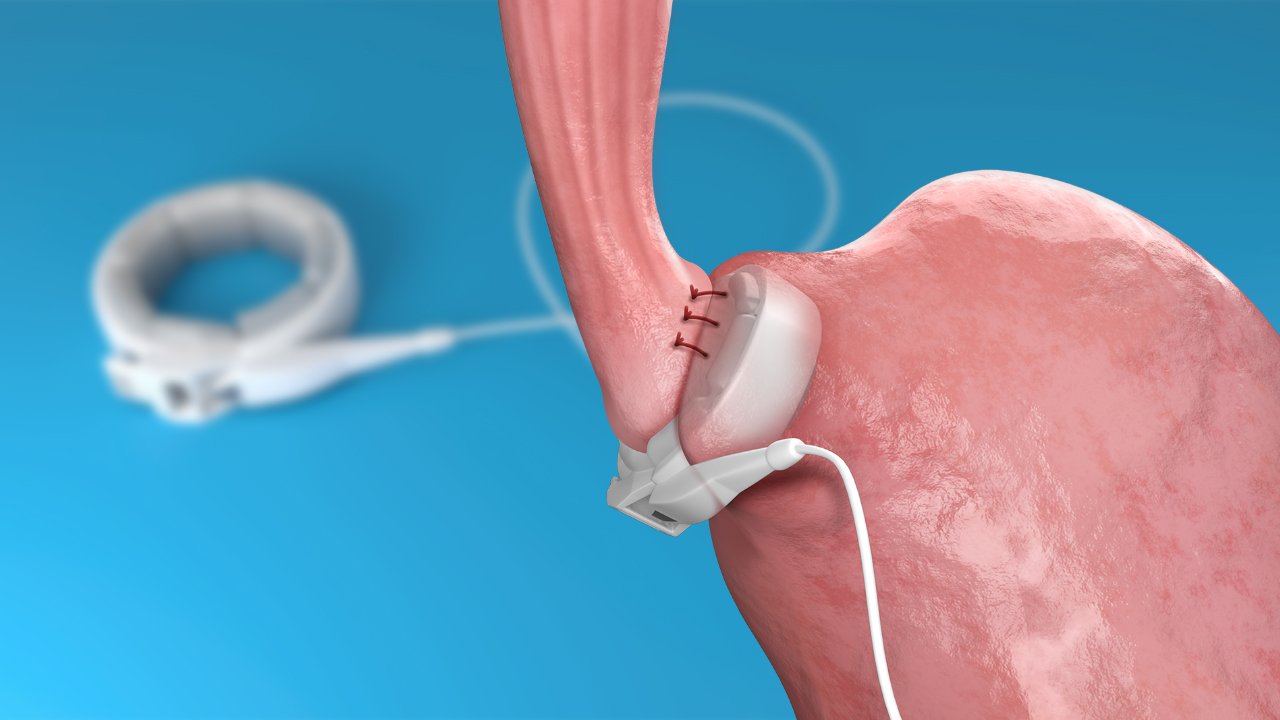Laparoscopic Banded Gastric Bypass

Laparoscopic Banded Gastric Bypass: A Comprehensive Guide
Introduction:
Laparoscopic Banded Gastric Bypass, also known as the Mini-Gastric Bypass (MGB), is a popular bariatric surgery procedure that aids in weight loss by restricting the stomach’s capacity and rerouting the digestive tract. This minimally invasive surgery has gained traction due to its effectiveness in treating obesity and related health conditions.
Types of Laparoscopic Banded Gastric Bypass:
There are several variations of gastric bypass surgery, but Laparoscopic Banded Gastric Bypass involves the following steps:
- Creation of a Small Pouch: A small pouch is created at the top of the stomach, which significantly reduces its capacity to hold food.
- Bypassing the Small Intestine:The surgeon reroutes a portion of the small intestine, allowing food to bypass a significant portion of the digestive tract. This reduces calorie absorption.
- Band Placement:A non-adjustable silicone band is placed around the small pouch to maintain its size and prevent stretching.
Conditions for Consideration:
Patients considering Laparoscopic Banded Gastric Bypass typically meet specific criteria:
- Obesity: Candidates usually have a Body Mass Index (BMI) of 40 or higher, or a BMI of 35 with obesity-related health issues like diabetes or hypertension.
- Failed Weight Loss Attempts: Patients must have attempted and failed to lose weight through diet, exercise, and other non-surgical methods.
- Commitment: Candidates should be committed to long-term lifestyle changes, including dietary modifications and regular exercise.
Treatment and Recovery:
After Laparoscopic Banded Gastric Bypass, patients are closely monitored by their healthcare team. A liquid diet is gradually introduced, followed by soft foods, and then a regular diet. Patients are advised to:
- Eat Small, Frequent Meals: The small pouch limits food intake, so patients should eat small meals throughout the day.
- Stay Hydrated: Drinking adequate fluids is essential, but consumption should be separated from meals to prevent overfilling the pouch.
- Follow Dietary Guidelines:Patients should adhere to dietary guidelines provided by their healthcare team, which often emphasize protein intake and nutrient-rich foods.
- Regular Exercise: Physical activity is essential for maintaining weight loss and overall health.
Benefits of Laparoscopic Banded Gastric Bypass:
- Significant Weight Loss: Patients typically experience substantial weight loss within the first year, leading to improved health and reduced obesity-related comorbidities.
- Reduced Caloric Absorption: Bypassing a portion of the small intestine leads to fewer calories being absorbed, aiding in weight loss.
- Improved Health: Many patients experience improved blood sugar control, resolution of type 2 diabetes, lower blood pressure, and reduced cholesterol levels.
- Minimal Scarring: Laparoscopic surgery involves small incisions, resulting in less scarring and a quicker recovery compared to open surgery.
Conclusion:
Laparoscopic Banded Gastric Bypass is an effective bariatric surgery option for individuals struggling with obesity and related health conditions. It offers significant benefits, including weight loss and improved overall health. However, it’s essential for candidates to meet specific criteria and commit to lifelong lifestyle changes for the best outcomes. Always consult with a healthcare provider to determine the most suitable treatment plan for your unique needs.
Contact Us
Get In Touch
Address
F 146/9 second floor shaheen bagh jamia Nagar New Delhi 110025
Phone
+91-9716952857
cure2world@gmail.com

